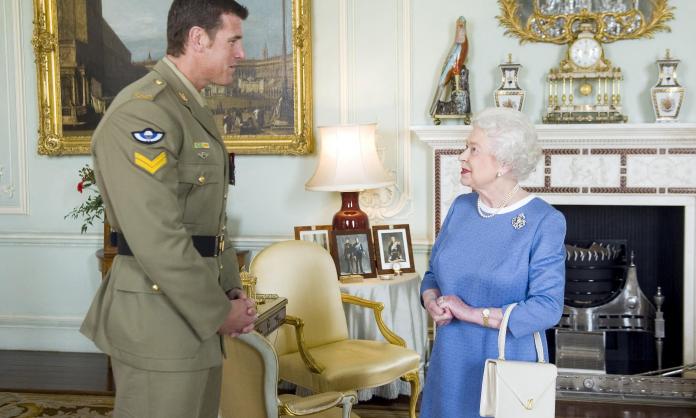Ali Jan travelled by donkey to the small village of Darwan, Afghanistan, to pick up flour and shoes for his six children on 10 September 2012. The next day, Australian special forces soldier Ben Roberts-Smith kicked him, handcuffed, off a cliff into the dry riverbed ten metres below. After Ali Jan survived the fall with severe injuries, Roberts-Smith ordered a subordinate soldier to shoot him dead.
This was one of several murders of unarmed prisoners that Roberts-Smith, Australia’s most decorated living veteran, committed in Afghanistan.
That we know about these murders is thanks to the testimony of current and former soldiers, and to the investigative work of journalists Nick McKenzie, Chris Masters and David Wroe. That they are now a matter of public record is thanks to the defamation case initiated by Roberts-Smith, which was dismissed last week.
Roberts-Smith and his legal team launched the defamation proceedings in an act of elite arrogance, attempting to silence the journalists and soldiers who had spoken out against him, by smearing them as jealous liars. Kerry Stokes, chairman of Seven West Media and billionaire backer of Roberts-Smith, paid for a public relations firm to spin this narrative in the media and funded the defamation case. Meanwhile, Roberts-Smith intimidated soldiers who he suspected were speaking out against him. He accused them of breaking the special forces’ “code of silence” and hired a private investigator to profile them.
Several other establishment figures backed Roberts-Smith throughout the trial. Former defence minister and Australian War Memorial director Brendan Nelson provided character testimony during the defamation trial, describing him as the “the most respected, admired and revered Australian soldier in more than half a century”.
But the sheer amount of evidence has won out. Now the approach is not denial, but damage control. In his response to the defamation ruling, Prime Minister Anthony Albanese insisted that the standing of the Australian Defence Force is still “extraordinarily strong”.
It is a delicate situation for the establishment. In the wake of the 2020 Brereton inquiry, which found evidence of 39 murders committed by special forces soldiers in Afghanistan, the government established an Office of the Special Investigator. Currently, only one person has been charged. There are renewed calls for criminal charges to be laid against Roberts-Smith and other soldiers.
If these crimes remain unaddressed, it will stink of a cover-up, but thorough criminal trials will continue to expose the brutal truth of Australia’s war in Afghanistan. With imperialist tensions on the rise, this was not the sort of press the armed forces wanted.
Ben Roberts-Smith is a particularly nasty symptom of the broader sickness that is Australian imperialism. The war crimes committed by special forces soldiers cannot be separated from the context of the war itself, in which the Australian establishment deployed the military as a violent occupying force. While Roberts-Smith and his murderous comrades should stand trial for their crimes, there can be no real justice until the vicious cycle of deadly imperialist wars is ended.








